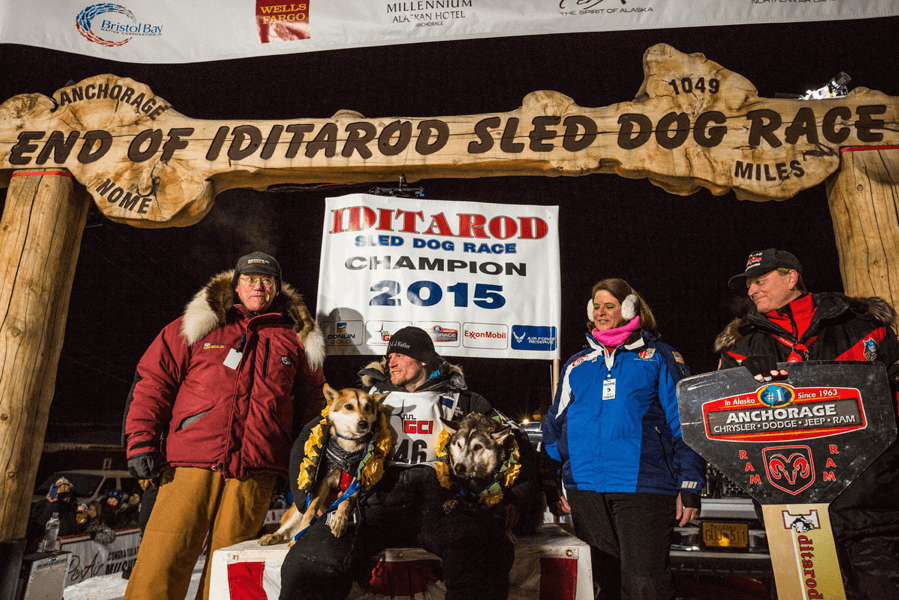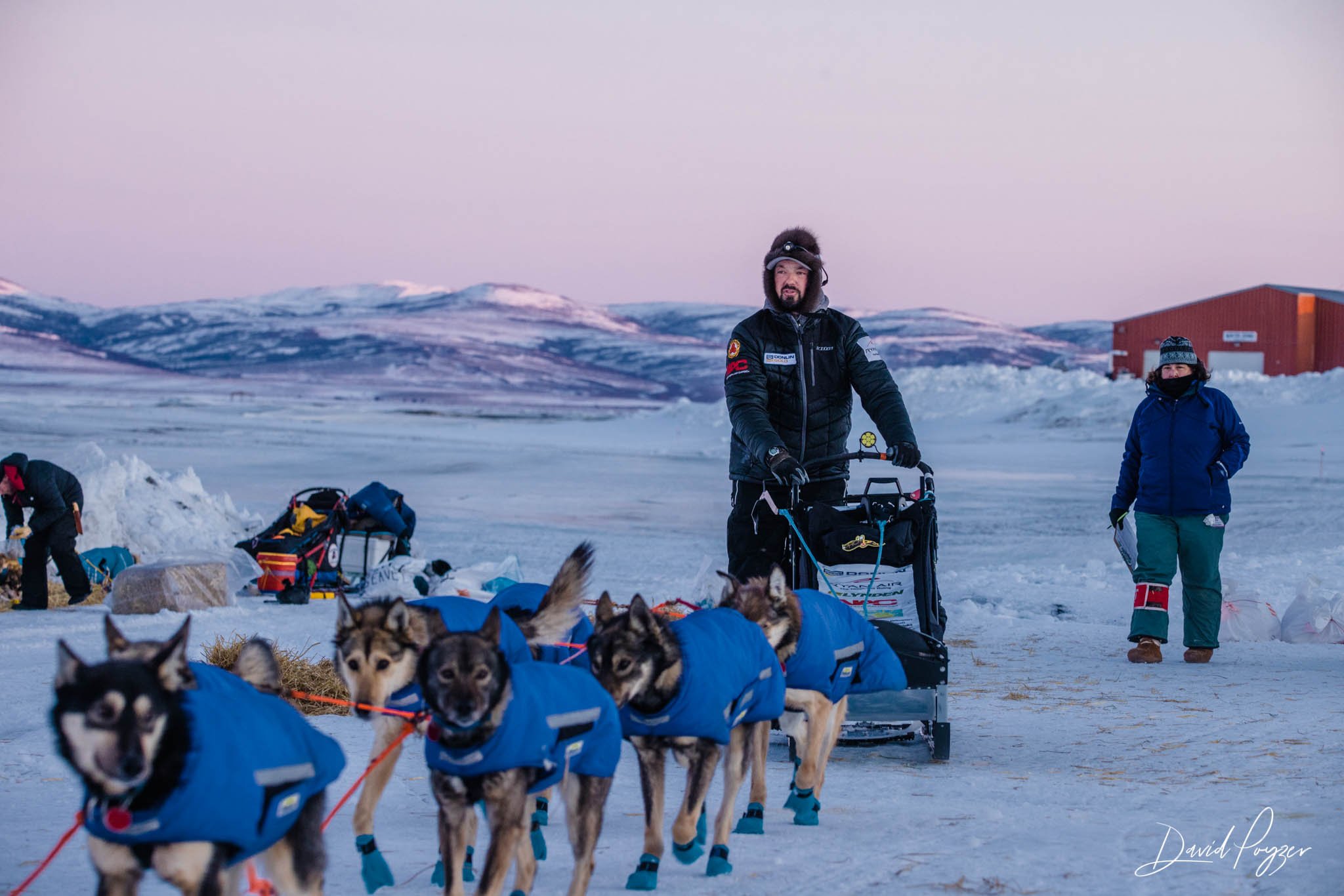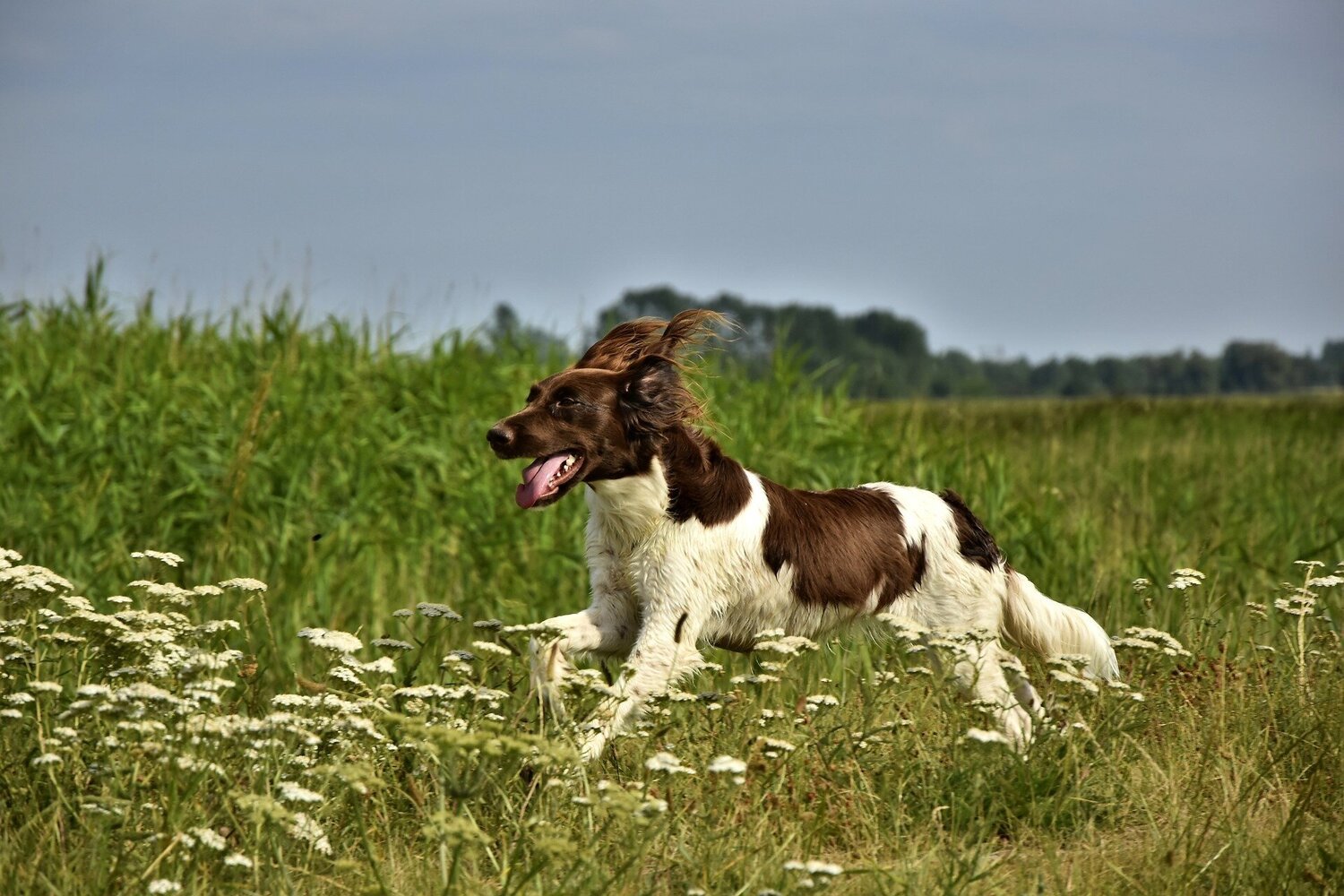The Winning Dog-Human Connection
4x Iditarod Champion Dallas Seavey and his lead dogs Hero (right) and Reef (left) on the podium in Nome, Alaska (USA)
For 9 years in row we've showed up to the Iditarod start to showcase our dog team to the world. The team is eager, focused, powerful, confident, well mannered, and professional. When not racing, our dogs help us pay the bills with custom sled dog events and tours. Events that we've done include mushing the Stanley Cup to center ice, drag racing on sleds with NASCAR driver Denny Hamlin, driving a dog team through a convention center crowd of 500 people and up on stage to deliver the president of the company to the podium, showcasing dog teams and lead dogs in action in downtown Anchorage, and giving rides to hundreds of school children on city streets. The ability to pull these unusual events off requires highly trained, well socialized, responsive dogs. So does winning the Iditarod.
Earlier this year I received a call from a board member of a prestigious national zoo. A former handler of ours had been working there and was being considered for a highly sought-after position in the raptor program. A dream job for any animal trainer. His supervisors were “profoundly impressed” with his skills, but the board members reviewing his resume noted that the other applicants had multiple degrees and formal credentials in the study of animal behavior, whereas he had none. When they asked him how he had developed his impressive abilities, he replied, “From Dallas and Jen Seavey.” They wanted to know what our training philosophy was so that they could better understand our handler's abilities and also be able to cultivate those skills in their other keepers. Here's what I told them.
Norwegian super musher Nina Skramstad thanking one of her super dogs at the finish line in Femundsløpet
Credit:Peter Varga / Tying Knots Art Studios – http://facebook.com/TyingKnotsArtStudios
Our dog training has evolved substantially in the last decade. We've gone from asking, “What is the best way to correct unwanted behavior and encourage desirable behavior?” to “How can I improve my connection with this dog so that our relationship is positive and productive?” We've found that being in tune with the pack leader and holding a respectful awareness towards the boss at all times is in alignment with canine nature. A dog or group of dogs in this state of mind is naturally well behaved. It's this same principle at work in a school room where a class that is normally content and orderly runs amok with a substitute teacher. It's because that connection is lost.
So rather than reacting to a dog's bad behavior (the actual behavior doesn't even matter as it's simply a symptom of being disconnected), we will act to reestablish our connection with the dog and know that order will be restored. Remember that look you got from your mom when you were misbehaving? The one that promptly snapped you back into line. Same thing with a dog.
Another 4 x Iditarod Champion, Lance Mackeyis known for his incredible ability to forge tight bond with his dogs.
Credit: Peter Varga / Tying Knots Art Studios – http://facebook.com/TyingKnotsArtStudios
River growls at his neighbour. He gets in trouble for growling, but as soon as I go back to hooking up, he bites the other dog on the ear, and now I've got a dog fight on my hands. The problem is that I addressed the symptom but did nothing to resolve the root issue. In a connected team, that same scenario is avoided completely. While hooking up I notice that River has his focus on the dog next to him and is completely ignoring me. He never even gets a chance to growl because he's corrected for not meeting my eyes when I look in his direction. A quiet but stern “hey”, or an assertive step in his direction is all that it takes to remind him to tune in to me. The corrections are subtle because the situation is never allowed to escalate.
A dog and human in tune with each other is an incredible and empowering relationship. That connection is the foundation of our team's success as well as the key to a well-behaved companion. And yes, our guy got the job.
Contributor Jen Seavey writes with unique insight from her decade of involvement in the Dallas Seavey kennel. With the kennels four Iditarod Championship and countless other achievements in the sport, she is an accomplished dog trainer, kennel manager and sled dog caretaker.


































